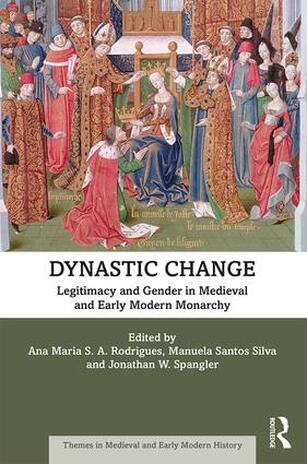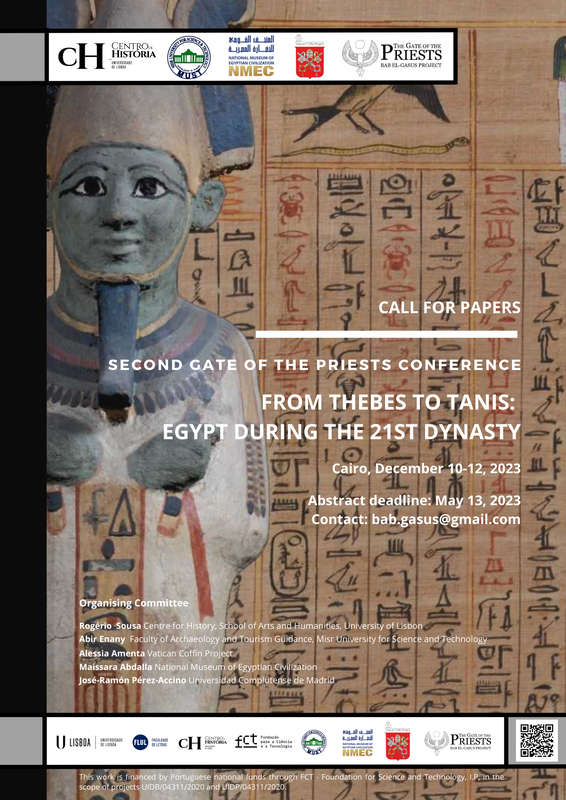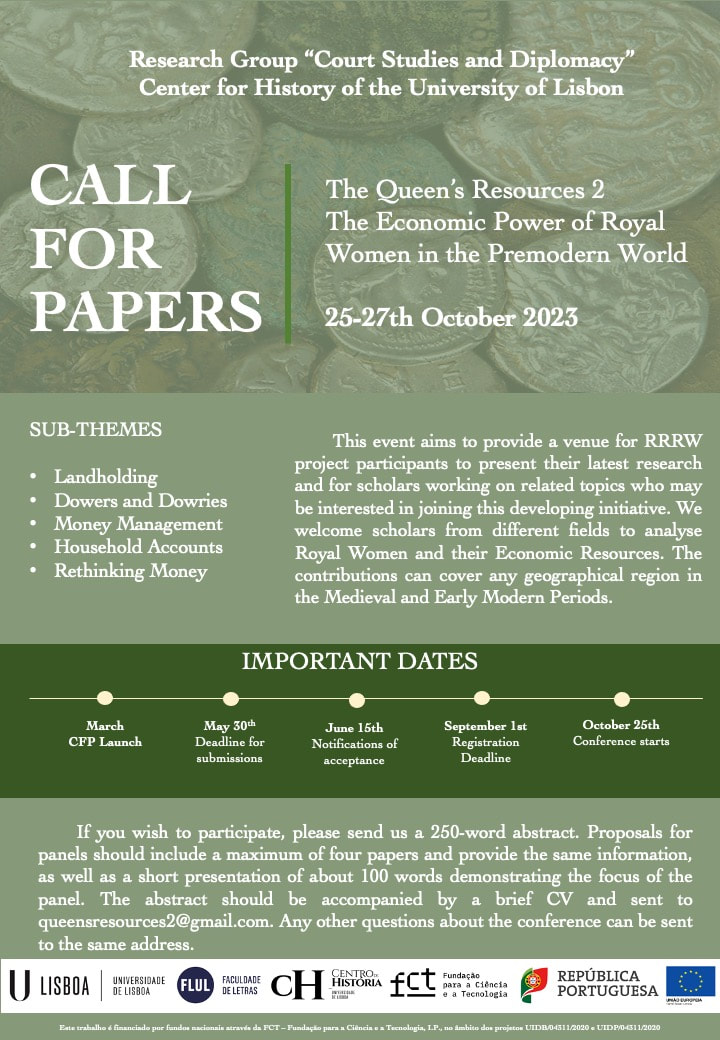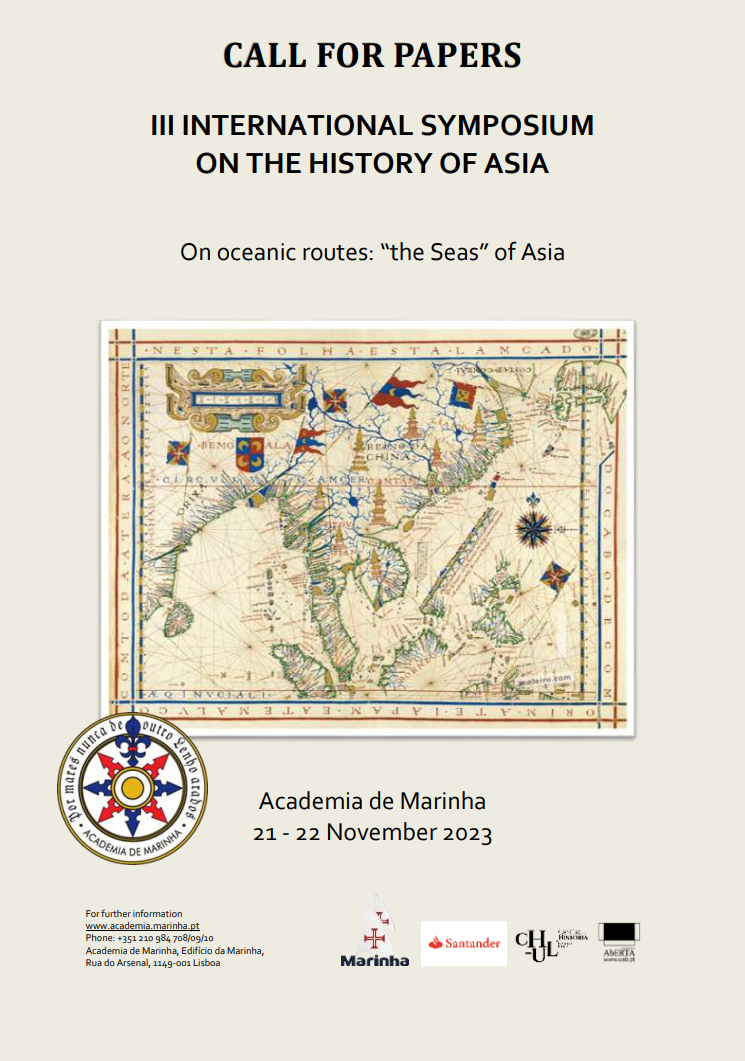| Dynastic Change: Legitimacy and Gender in Medieval and Early Modern Monarchy examines the strategies for change and legitimacy in monarchies in the medieval and early modern eras. Taking a broadly comparative approach, Dynastic Change explores the mechanisms employed as well as theoretical and practical approaches to monarchical legitimisation. The book answers the question of how monarchical families reacted, adjusted or strategised when faced with dynastic crises of various kinds, such as a lack of a male heir or unfitness of a reigning monarch for rule, through the consideration of such themes as the role of royal women, the uses of the arts for representational and propaganda purposes and the impact of religion or popular will. Broad in both chronological and geographical scope, chapters discuss examples from the 9th to the 18th centuries across such places as Morocco, Byzantium, Portugal, Russia and Western Europe, showing readers how cultural, religious and political differences across countries and time periods affected dynastic relations. Bringing together gender, monarchy and dynasticism, the book highlights parallels across time and place, encouraging a new approach to monarchy studies. It is the perfect collection for students and researchers of medieval and early modern monarchy and gender. |
















 Feed RSS
Feed RSS
